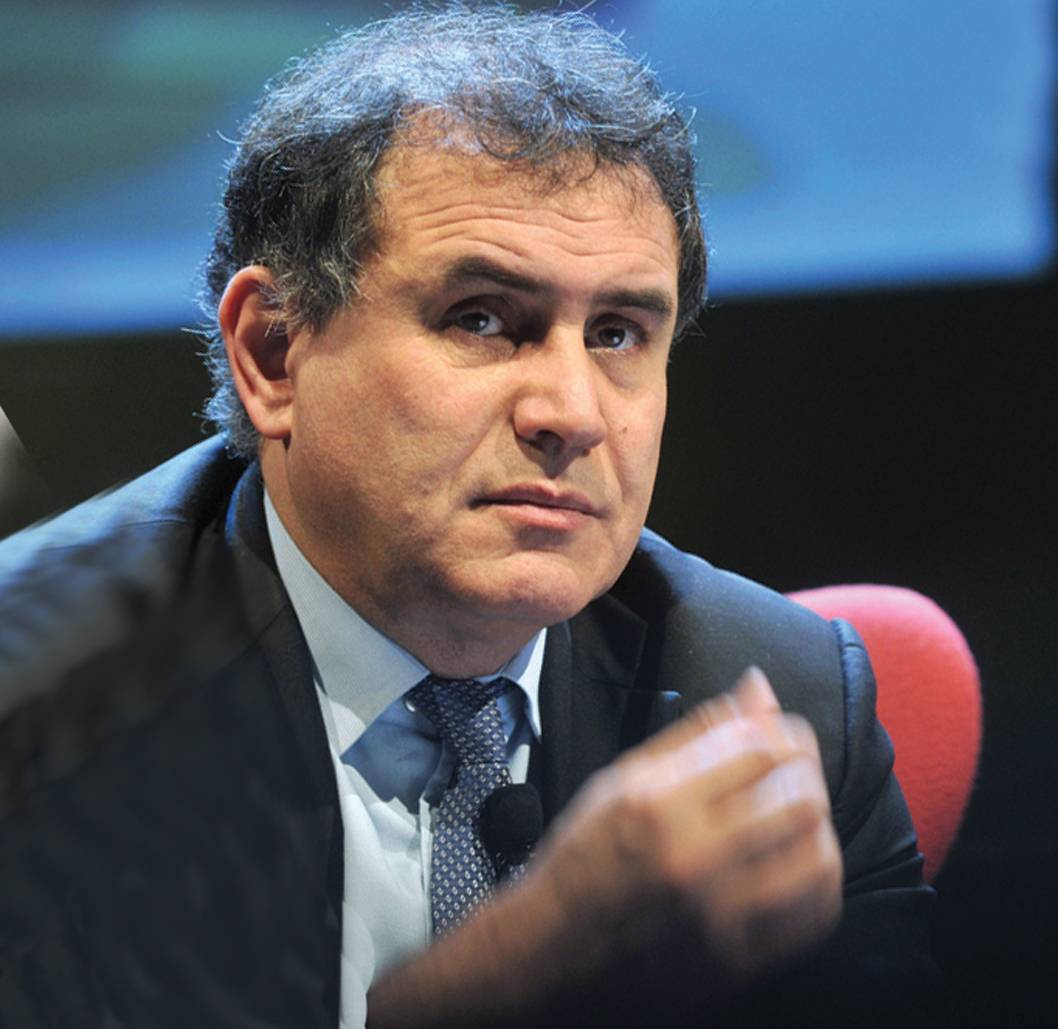Investing
Another bear falls: Dr Doom turns bullish for 2014

Nouriel Roubini, famed for his gloomy predictions on the global economy, has become the latest bear to turn more optimistic over prospects for 2014.
In his outlook for the year ahead, the economist (pictured) said tail risks will become “less salient” in the coming 12 months, adding he expected advanced economies to grow at an annual pace of around 1.9%.
The latter forecast is largely based on a belief in the strength of the US, a country on which Roubini turned more positive last September.
That mirrors the base case of fellow renowned bear Hugh Hendry who said at the end of last year that he had become more bullish on trend-following markets.
But unlike Hendry, Roubini’s forecast also encompasses a notable expectation of a turnaround in the fortunes of some emerging markets.
“Brisker recovery in advanced economies will boost imports from emerging markets,” he said, writing on the Project Syndicate site.
“The Fed’s exit from QE will be slow, keeping interest rates low. Policy reforms in China will attenuate the risk of a hard landing. And, with many emerging markets still urbanising and industrialising, their rising middle classes will consume more goods and services.”
The economist expects emerging market growth rates to stand at around 5% this year, broadly in line with IMF predictions.
He cautioned, however, that enduring fragility in the region could yet hold back global growth in future years, and predicted another rocky year for the likes of India, Brazil and Indonesia.
For now, Roubini’s positivity over the US means the contrarian retains a firmly consensus view. That view translates into a rosy outlook for US stocks among most analysts: US indices will rise by 8% this year, according to a survey of analysts conducted by Reuters.
There remain some notable dissenting views, however, including that of Roubini’s fellow ‘Dr Doom’, Marc Faber.
Faber told CNBC last month he expected US markets to return “very little over the next seven to 10 years” on a cyclically-adjusted price/earnings [CAPE] basis.
“My sense is that at the present time, the US market is relatively expensive compared to foreign markets, especially to European markets and to emerging markets,” he said.